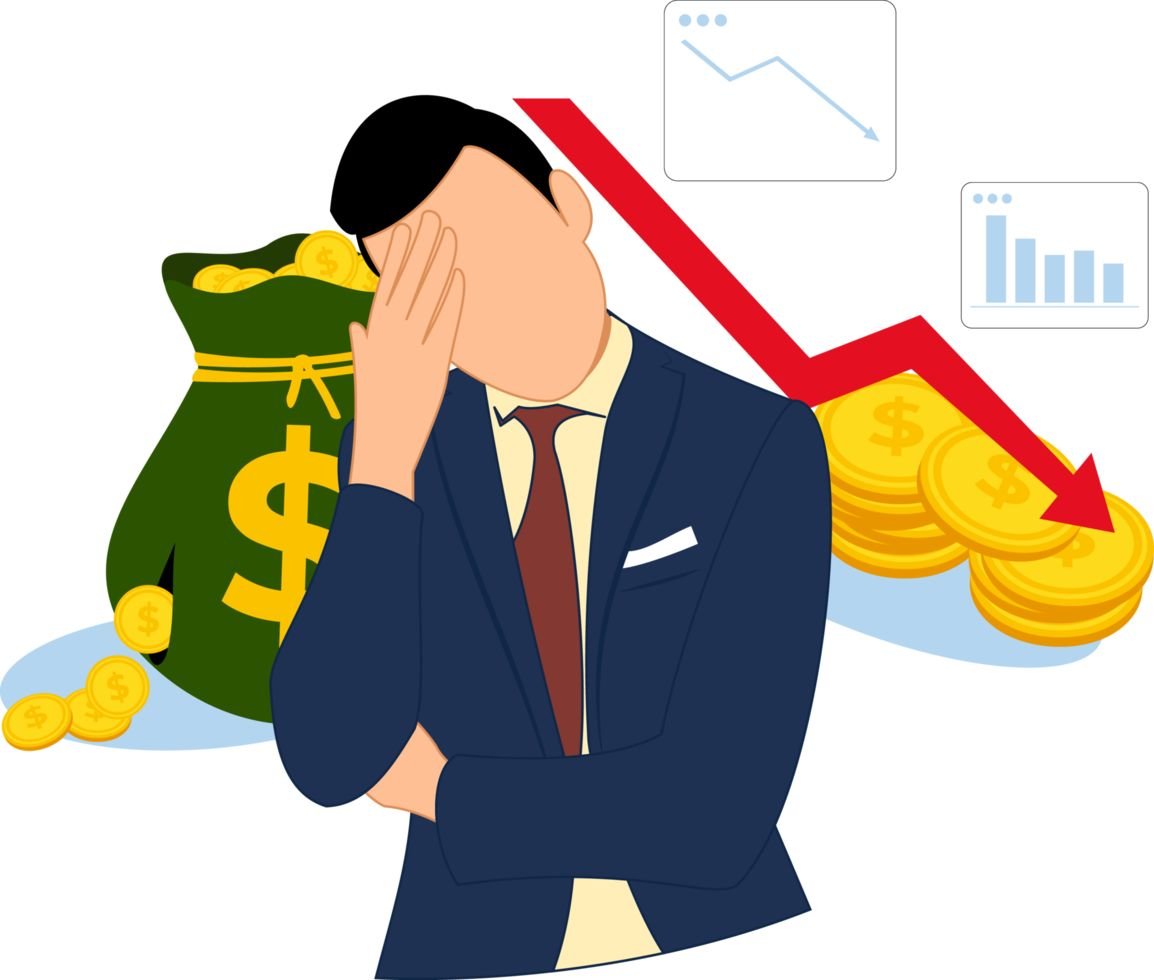When men move abroad, whether for work, retirement, or lifestyle, one of the first instincts is to store money locally, open a bank account, keep savings in the local currency, and live as locals do. On the surface, it feels practical. But beneath the surface, currency devaluation quietly eats away at those savings, and many expats don’t realize it until it’s too late.
This isn’t a loud, dramatic loss like a stock market crash. It’s slow, subtle, and relentless. Think of it as a silent tax,one imposed not by governments directly, but by the invisible hand of inflation and monetary policy.
What Is Currency Devaluation?
Currency devaluation happens when a nation’s currency loses value against stronger currencies like the U.S. dollar, euro, or British pound. This often happens in developing markets where governments print more money to cover debts, or when political instability undermines investor confidence.
Example: If you saved $10,000 worth of pesos in 2020, by 2025 those same pesos might only buy you what $5,000 once could. You didn’t spend the money,but it evaporated in real-world purchasing power.
Why Expats and Digital Nomads Are Especially Vulnerable
Western men abroad often think, “I’ll live cheap and save locally.” But this mindset ignores three realities:
- Local Inflation Outpaces Savings Interest
Most foreign banks in developing countries pay laughable interest rates—1–3% at best—while inflation runs at 10–30% annually. The math is brutal: your savings shrink every single year.
- Hidden Erosion Through Exchange Rates
If you earn or save in the local currency but still think in dollars, you’ll notice your “cheap lifestyle” only holds up until you need to convert money back. Suddenly, flights home, international investments, or even an imported iPhone cost far more than you planned.
False Sense of Security
Watching your account balance grow in millions of pesos or lira feels good. But those numbers are deceptive when the value behind them collapses.
Real-World Case Studies
Turkey (2018–2023): The Turkish lira lost over 80% of its value in just five years. Expats who stored savings locally saw their nest eggs vanish in purchasing power.
- Argentina: Inflation routinely crosses 100% annually. Locals survive by converting pesos to U.S. dollars as quickly as possible. Foreigners who didn’t understand this dynamic lost fortunes.
- Nigeria: Currency devaluations in recent years have halved the value of the naira against the dollar. Men who kept savings in naira accounts woke up to find their financial future cut in half.
- How to Protect Yourself
Keep Savings in a Strong Currency
Maintain accounts in USD, EUR, GBP, or CHF. Even if you live abroad, tie your wealth to currencies that resist inflation.
- Use Offshore or Multicurrency Accounts
Banks in places like Singapore, Switzerland, or even online platforms offer accounts that let you hold multiple currencies at once.
- Invest in Hard Assets
Real estate in stable markets, gold, or even Bitcoin (if you understand the risks) can preserve value better than weak local money.
- Don’t Get Seduced by “High Numbers”
A million in pesos or naira is meaningless if it buys you less each year. Always calculate your savings in terms of dollars or another stable benchmark.
The Deeper Lesson
Currency devaluation is a reminder that when you go abroad, you’re not just traveling,you’re stepping into a different financial ecosystem. The same country that offers cheap food, warm weather, and new opportunities might also punish you for storing wealth in its money.
Smart men learn to enjoy the lifestyle benefits abroad while protecting their financial future in stronger currencies. The thrill of living overseas shouldn’t come at the cost of watching your hard-earned savings quietly disintegrate.
Bottom line: Going abroad may expand your horizons, but never let currency devaluation shrink your wealth. Respect money, understand the game, and structure your finances so that your savings grow,even when borders shift and exchange rates collapse.













